#vanerackham
Explore tagged Tumblr posts
Text



#black sails: family sitcom#black sails#charles vane#jack rackham#vanerackham#edward teach#blackbeard
797 notes
·
View notes
Text


sprites i was working on ??? months ago and apparently forgot about
#black sails#jack rackham#charles vane#vanerackham#maybe i will make the rest of the cast someday#pixel art
59 notes
·
View notes
Text

83 notes
·
View notes
Text
“I will move heaven and earth to have it done because I refuse to let you down.”
#im feeling sick#tv show#black sails#bs#scene#video#charles vane#jack rackham#jackvane#vanerackham#anne bonny#ship#family
279 notes
·
View notes
Text
everyone thinks jack rackham gets laid all the time but all the women on his ship are lesbians and he jerks off every morning to the memory of charles vane's voice telling him he's a proper pirate
#jack rackham. charles vane simp and lesbian collector#thinking about anne max and mary begging jack to get over charles already#black sails#maxanne#vanerackham#fuck you jack
26 notes
·
View notes
Text

just going to leave this here.
#vanerackham#black sails#jack rackham#charles vane#black sails fanart#fanart#jack rackham x charles vane
87 notes
·
View notes
Text
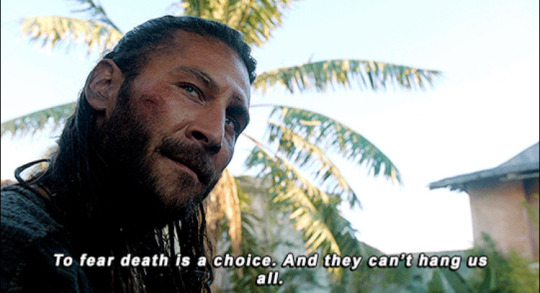
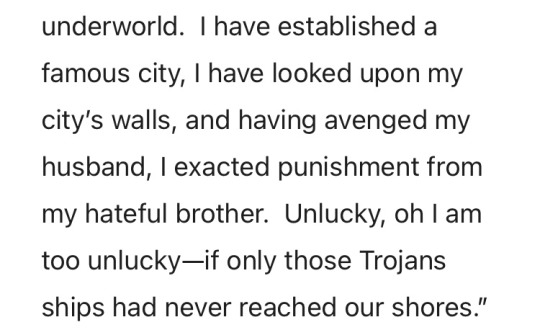
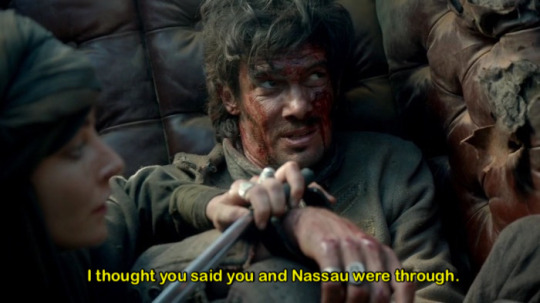
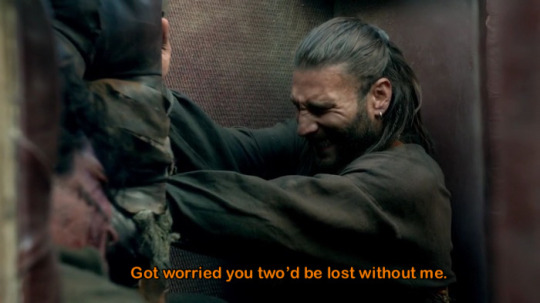

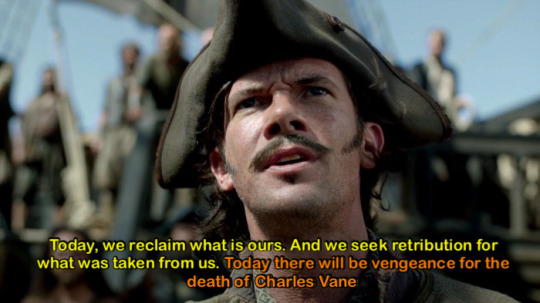
black sails xxvii // the aeneid book IV // black sails xxvi // the aeneid book IV// black sails xxviii
#black sails#black sails web weave#black sails edit#charles vane#jack rackham#vanerackham#charles vane as dido just cause#yes this makes jack aeneas theres a whole other web weave brewing for that
62 notes
·
View notes
Text





Jack Rackham and Charles Vane - Black Sails
♫ How To Save A Life - The Fray ♫
46 notes
·
View notes
Text

Phew, I finally painted it!
Have some MerVaneRackham.
#black sails#vanerackham#mermen#pirates#colored version#jack rackham#charles vane#digital painting#illustration
84 notes
·
View notes
Text


things that keep me awake at night
386 notes
·
View notes
Note
Trick or Treat nerd! <3
HI HAPPY BELATED HALLOWEEN!! Vanerackham snippet for you beloved 💖💖
Jack has decided not to follow Charles. The man would know, and besides, Anne told him not to be fucking stupid. Instead, he’s walking the streets of the island’s harbour town, decidedly not heading in the same direction as his captain but instead looking for its market. They might have some interesting cloths he could take home to tailor himself a new coat with. He loves creating clothes made from materials found across the Caribbean. It makes him feel simultaneously closer to his own heritage as a tailor’s son and to the legacy he’s building as a man who is a part of the Bahamas, his name woven into the fabric of the place, and the fabric of the place woven onto him. Jack does find a shocking amount of bars and brothels, but no market. He’s informed it is a Sunday, and markets only run on Wednesdays here. Typical. What’s he meant to do in the meantime, visit one of those brothels and have a little roll in the hay with some random prostitute? Not fucking likely. He ends up making his way back to the beach, where it is relatively peaceful. There are a couple of scattered parties, crews drinking around bonfires and such, but he’s soon found a nice and quiet part of the beach where no-one will bother him. He walks all the way to the shoreline, takes off his boots, and lets his feet sink into the surf with a contented little sigh. A familiar figure appears beside him, silently mimicking him until they are both standing barefooted in the sand, the surf rushing around their ankles. It’s not like Charles to be quiet like this, pensive almost, yet here he is. Jack stays still, waiting for the man to speak, but nothing comes. So he simply accepts the silence, surprised but content. Charles never ceases to surprise him.
7 notes
·
View notes
Text

Last Line Tag Game Rules: in a new post, show the last line you wrote (or drew) and tag as many people as there are words (or however many you like).
@asterofthevoid tagged me, so here's a WIP that's been stuck in purgatory since september, since i have no idea when i'll get around to finishing it
#black sails#jack rackham#charles vane#vanerackham#art#several things need to be fixed before i can move on to color but maybe if i don't specify what's driving me crazy then no one will notice
204 notes
·
View notes
Text
captain? you call yourself a captain? a real captain would fuck their quartermaster
please read the Craving Your Captain series by Magnetism_bind (@bisexualpirateheart)
58 notes
·
View notes
Text
charles vane is kinda the character of all time when we think about it, he went to save flint from his execution with nothing but his gay ass and a dream THEN was close to end woodes rogers after saving his bf in a sexy outfit.. no one do it like him i fear
#charles vane#black sails#bs#fandom#pirates#james flint#captain flint#jack rackham#jackvane#vanerackham
79 notes
·
View notes
Text
charles vane left nassau to face his demons only to get back and find out his silly rabbit betrayed him and he's like what the fuck only my ex girlfriend is allowed to do that!
147 notes
·
View notes
